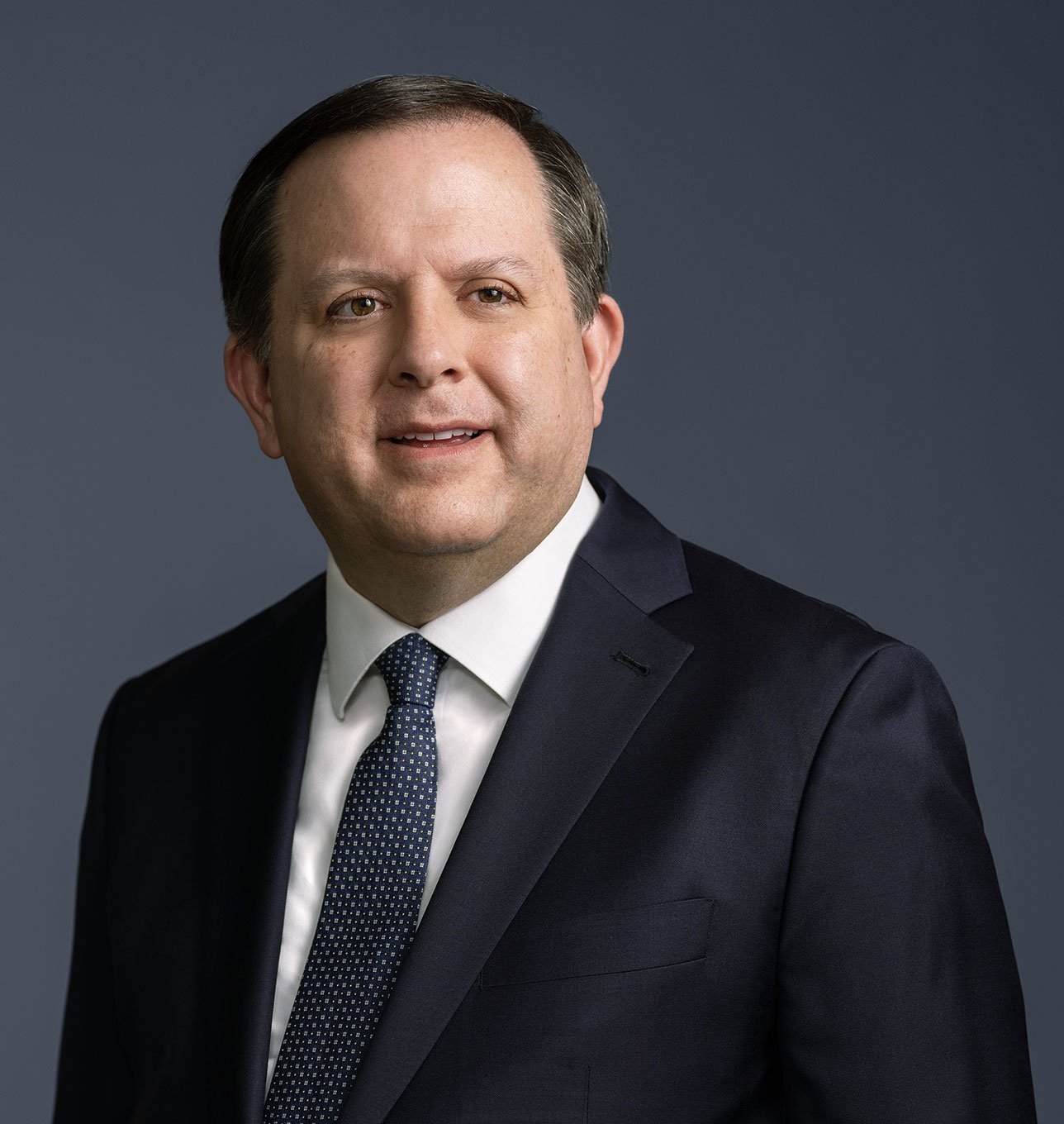President Trump Relaxes Prohibition on Political Activity by Religious Organizations
Congress Considering Legislation to Allow Political Activity by Section 501(c)(3)-Exempt Organizations
On May 4, 2017, US President Donald Trump took executive action to relax a longstanding prohibition on political activity by tax-exempt religious organizations. His action comes as Republican leaders in Congress are seeking to repeal or significantly change current law, known as the Johnson Amendment, that prohibits section 501(c)(3)-exempt organizations, including charities and religious organizations, from participating in political activities.
In his “Presidential Executive Order Promoting Free Speech and Religious Liberty,” President Trump directed all executive departments and agencies to “respect and protect the freedom of persons and organizations to engage in religious and political speech.” The executive order directs the Treasury secretary to ensure “to the extent permitted by law” that the Treasury Department, including the Internal Revenue Service, does not take any “adverse action against any individual, house of worship, or other religious organization on the basis that such individual or organization speaks or has spoken about moral or political issues from a religious perspective, where speech of similar character has, consistent with law, not ordinarily been treated as participation or intervention in a political campaign on behalf of (or in opposition to) a candidate for public office by the Department of the Treasury.” The adverse actions contemplated by the executive order include delay or denial of tax-exempt status, as well as tax penalties and disallowance of tax deductions for contributions to section 501(c)(3)-exempt organizations.
This executive order may galvanize legislative action to further limit or repeal the Johnson Amendment. Lawmakers have proposed three bills to repeal or limit the Johnson Amendment. House Ways and Means Committee Chairman Kevin Brady (R-TX), who is leading the Republicans’ tax reform effort, has said that any tax reform bill will include a repeal of the Johnson Amendment, which would also affect non-religious charitable organizations. Any change could significantly impact the landscape of political activity, particularly given the tax advantages of section 501(c)(3)-exempt organizations.
The Johnson Amendment
The Johnson Amendment, named for its proposer, then-Senator Lyndon Johnson, was adopted in 1954 and retained in the Internal Revenue Code of 1986. It requires that a section 501(c)(3)-exempt organization “not participate in, or intervene in (including the publishing or distribution of statements), any political campaign on behalf of (or in opposition to) any candidate for public office.” The amendment has been interpreted as prohibiting section 501(c)(3)-exempt organizations from endorsing candidates, engaging in any political campaign activity and sponsoring or operating separate segregated funds (i.e., federal political action committees (PACs) or state or local PACs) to support or oppose candidates for public office.
While the president and other opponents of the Johnson Amendment often cite its impact on religious organizations, the Johnson Amendment applies to all section 501(c)(3)-exempt organizations. Supporters of the Johnson Amendment note that donors to section 501(c)(3)-exempt organizations receive income tax deductions for their donations, making it easier to fundraise. Other nonprofit organizations, including organizations exempt under section 527 (political committees), section 501(c)(4) (civic and social welfare organizations) and section 501(c)(6) (trade associations) of the Internal Revenue Code, can and often do engage in political activity, but they cannot use tax-deductible funds for those purposes.
Revising the Rule: Two Potential Approaches
Total Repeal
One option under consideration is a total repeal of the Johnson Amendment. President Trump voiced support for this approach in his remarks at the National Prayer Breakfast, saying he “will get rid of and totally destroy” the provision. Chairman Brady echoed these comments, saying that Republicans “are going to repeal the damaging effects of the Johnson Amendment once and for all.” Representative Walter Jones (R-NC) has introduced H.R.172, which would strike the Johnson Amendment entirely from section 501(c)(3) of the Internal Revenue Code.
A total repeal of the Johnson Amendment would provide section 501(c)(3)-exempt organizations with the freedom to engage in a range of political activities, including endorsing and making contributions directly to candidates and supporting PACs. Presumably, however, an organization seeking exemption under section 501(c)(3) would still need to demonstrate that it meets the charitable, educational or religious standard otherwise required of applicants, meaning that political activity (for its own sake) could not be the organization’s primary purpose.
Permitting section 501(c)(3)-exempt organizations to engage in political activities could have a significant impact on the behavior of political donors. Because donations to a politically active section 501(c)(3)-exempt organization would be tax deductible, many donors may choose to stop contributing directly to candidates, PACs and independent expenditure committees in favor of making tax-deductible contributions to section 501(c)(3)-exempt organizations. This approach, however, may create pressure to increase section 501(c)(3)-exempt donor disclosure requirements. Currently, donor information is considered confidential and is not publicly disclosed, although large donations are disclosed privately to the IRS on Form 990.
Limited Exemption
An alternative approach being discussed in Congress would simply create a carve-out for certain political activities. H.R.781, introduced by Representative Steve Scalise (R-LA), and S.264, introduced by Senator James Lankford (R-OK), are identical bills that would create an exemption for certain statements of support or opposition to a political candidate. Specifically, these bills provide that an organization will not be deemed to have violated the Johnson Amendment “solely because of the content of any statement which (A) is made in the ordinary course of the organization’s regular and customary activities in carrying out its exempt purpose, and (B) results in the organization incurring not more than de minimis incremental expenses.” This type of exemption would allow, for instance, a pastor to make a statement in support of a candidate while preaching during a service or a charity to oppose a candidate by distributing pamphlets so long as material expenses were not incurred by doing so.
Representative Scalise and Senator Lankford, along with Representative Jody Hice (R-GA), wrote in The Washington Post that this legislation would ensure that section 501(c)(3)-exempt organizations “are legally able to make comments about a political issue within the scope of their normal activities” while also ensuring that “the organization’s primary function remains charitable,” arguing that the legislation “would not turn nonprofits and churches into political action committees.” If this type of exemption is implemented, it may increase the political activity of nonprofit organizations while avoiding the impacts on political contribution practices that could arise if the Johnson Amendment is completely repealed.




